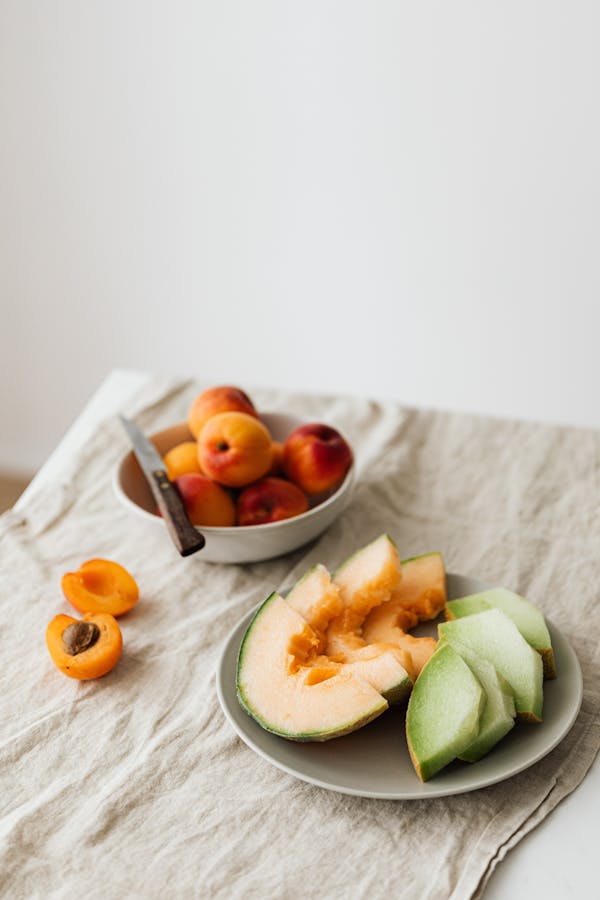Murray River Organics (MRG) is an Australian producer, marketer, manufacturer, and seller of organic, natural, and better-for-you food products. The company aims to make healthy and sustainable food choices a reality for consumers worldwide.
The Sydney-listed dried fruit and snacks maker posted a loss last year, after a bad harvest and profit downgrades. Its founders, Erling Sorenson and Jamie Nemtsas, have requisitioned an AGM.
The Company’s Products
The company produces and sells organic dried fruit, snack foods and pantry staples. These products are sold under the Murray River Organics brand and for private label customers. The company also exports its products to Asia and Europe.
It is Australia’s leading producer of organic dried vine fruits and has a significant presence in the premium Australian clusters snacks market. The Company strives to become a global leader in the organic, natural and better-for-you food products industry.

The Company has diversified its revenue streams through the development of its branded portfolio and is looking to enter the growing health-conscious hemp market with the recent grant of a licence by Agriculture Victoria to grow low-THC cannabis on its Nangiloc property. The Company also aims to expand into the cereal and breakfast aisles with the recent launch of its plant-based mylk chocolate product range in Coles and Woolworths. In addition, the Company has started to harvest its first crop of conventional citrus and grapes from its Nangiloc farm.
The Company’s Business Model
The business has shifted its focus to organic, natural and better-for-you foods. Its goal is to be a global leader in these areas.
It has also been experimenting with hemp. This is a plant that can be used for many different purposes, including making clothing and food. The company has a large paddock of the plant at its Nangiloc site in Victoria.
The company recently launched a range of mueslis with Coles stores, which will bring in $5-6 million in revenue per annum. The products are packed in PET canisters, a packaging material that is increasingly being used to replace glass. The company worked with a number of firms on the packaging, including Queensland-based Ultra-Labels and design firm What Came Next.
The company is hoping that this new product will help it to make a comeback in the organic market. It is also focusing on gaining a foothold in the Chinese organic market. The company recently won an organic certification from China’s National Agriculture Quality and Inspection Center.
The Company’s Legal Issues
A slew of problems at Australia-listed dried fruit producer Murray River Organics has prompted the company to enter voluntary administration. The company’s board has appointed Grant Thornton Australia and KPMG as administrators. The company’s assets and operations are being assessed for potential sale.
Developing cutting-edge goods that meet client needs in a changing culture can enhance Murray River Organics Group Limited’s brand image and attract new clients (Puyt, Romito, Graaf, & Schomerus, 2020). This may enable the business to develop profit streams from subscription models that reduce dependency on one-time purchases.
Poor customer service harms a firm’s reputation and image, prompting clients to switch to rivals (Helms, & Mayo, 2010). Additionally, natural disasters may interrupt production and limit sales. The company may also be required to pay higher taxes as a result of environmental laws. Moreover, a lack of innovation might limit its ability to adapt to changing market dynamics and embrace expansion opportunities (Lakatos & Arsenopoulos, 2023). This could reduce its competitive advantage and impact revenues.
The Company’s Response
Murray River Organics has been working to improve its operations as it tries to get back on track after a tough year. It recently secured a new contract with an Australian supermarket, and it also expanded its branded ranging.
In a bid to save costs, the company decided to move away from traditional electricity rates and switched to Choice Energy. The switch is expected to help the company reduce its carbon footprint and energy costs.
It has also been looking into ways to increase its yields. It has started growing hemp on its Nangiloc property, which it plans to use for its branded products. It also partnered with a local coffee roaster to create a new product line. The new range will feature a beverage made with organic sultanas. The company believes that consumers are demanding healthier and better-for-you foods. It hopes that this move will boost sales and help the company grow its branded portfolio.